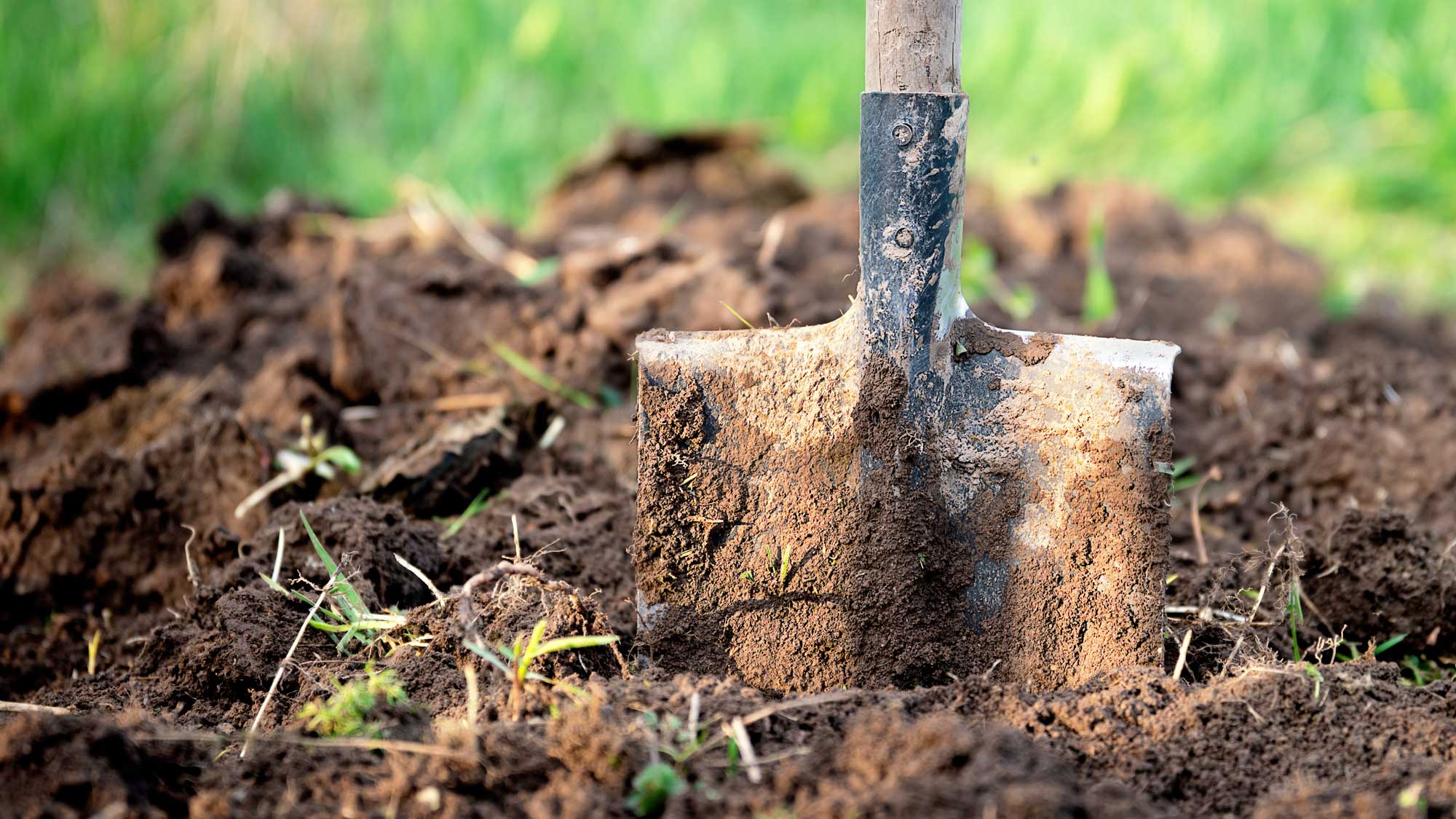Everyone can benefit from green spaces. Whether it’s a short walk in a park or simply spending time in a garden, nature’s influence can lead to significant improvements in mental and physical health. These benefits underscore the importance of integrating green spaces into our lives, particularly in high-stress professions and environments.
Providing a Brief Respite
It’s no secret that nurses and nursing students face stressful workloads that contribute to fatigue, psychological burden, insomnia and more. In such an environment, interactions with nature or “green spaces” are essential.
According to a 2023 study from the Journal of Clinical Nursing, exposure to nature has been demonstrated to facilitate better outcomes for nurses. Green spaces offer a sanctuary where the pressures of the healthcare environment–or for students, the classroom–can be momentarily forgotten, allowing for mental and physical rejuvenation.
The benefits of nature extend beyond stress relief. Spending time in nature has been found to have a variety of benefits such as blood pressure reduction, lowered heart rate, decreased muscle tension and a reduction in the production of stress hormones. These physiological changes are critical in reducing the rates of diabetes, stroke, cardiovascular disease and even mortality rates. For many nurses and students, who often work long, varied shifts, these health benefits are invaluable.
Exposure to green spaces has also been linked to better sleep, which is crucial for nurses or students working varied and extended shifts. Better sleep quality directly correlates with enhanced cognitive function, mood stabilization and overall well-being, making it easier for nurses to handle their demanding roles.
Green spaces can even contribute to improved concentration. According to a 2009 publication from the University of Delaware, green spaces can enhance our ability to concentrate, both on immediate tasks and on the surroundings we perceive subconsciously. Voluntary attention, which is the intense focus required to ignore distractions and stay dedicated to work or study, is necessary throughout the workday. In contrast, involuntary attention involves the effortless and enjoyable awareness of environmental stimuli–it’s what makes us feel at peace when we’re outdoors. Observing natural scenes allows our voluntary attention to rest and lets involuntary attention take over, rejuvenating our minds.

Community Benefits
Moreover, green spaces can contribute to community confidence and crime reduction. A study using 98 vegetated and un-vegetated apartment buildings in Chicago showed that vegetated spaces cut crime by around 50%. The vegetation inspired community pride for the area that resulted in less litter and less graffiti. Besides mitigating psychological precursors to violence by reducing stress and anxiety, green spaces increase a neighborhood’s collective surveillance as well. Vegetated landscapes, or areas with green spaces, invite more people to use them, allowing more people to come in and care about the space.
Fostering Growth
The impact of green spaces isn’t limited to nurses. For students with us at St. Elizabeth, regular interaction with nature can foster a sense of peace and balance amidst the rigors of academic life. This holistic approach to education, blending academic rigor with well-being, prepares them not just as skilled professionals but as holistic caregivers and well-balanced individuals.
In a business setting, green spaces boost productivity and improve morale among colleagues. The University of Delaware reports studies that have shown that desk workers who can see nature–whether through a window, indoor plants or even a photo–tend to feel more relaxed overall. Conversely, those without any view of plants wrestle with higher levels of stress and anxiety.
It’s in this way that green spaces play a pivotal role in personal and professional growth. For nurses and students alike, these environments provide a respite that fosters reflection, learning and rejuvenation.
The tranquility of a garden or the serenity of a park can inspire creativity and a deeper connection to one’s purpose and passion. As individuals grow in their personal lives, they bring a renewed sense of dedication and compassion to their professional roles, enhancing the overall quality of care they provide.
Growth is not just about professional development; it’s about evolving as individuals. Green spaces encourage mindfulness and self-awareness, allowing people to reconnect with themselves and their surroundings. This connection nurtures emotional resilience and a stronger sense of community, both of which are essential for thriving in high-stress environments like healthcare.
Leading the Way in Holistic Healthcare
As the landscape of healthcare and education continues to evolve, the importance of mental health and wellbeing for nurses and students cannot be overstated. Green spaces offer a simple yet powerful solution to some of the challenges faced by those in the nursing profession. With our deep commitment to service, ethical integrity and academic excellence, we aim to continue recognizing and promoting the invaluable role of nature in nurturing the caregivers who are so vital to our communities.
Sources: Journal of Clinical Nursing 2023, University of Delaware 2009
As seen in the The Lamp Fall 2024 issue
















